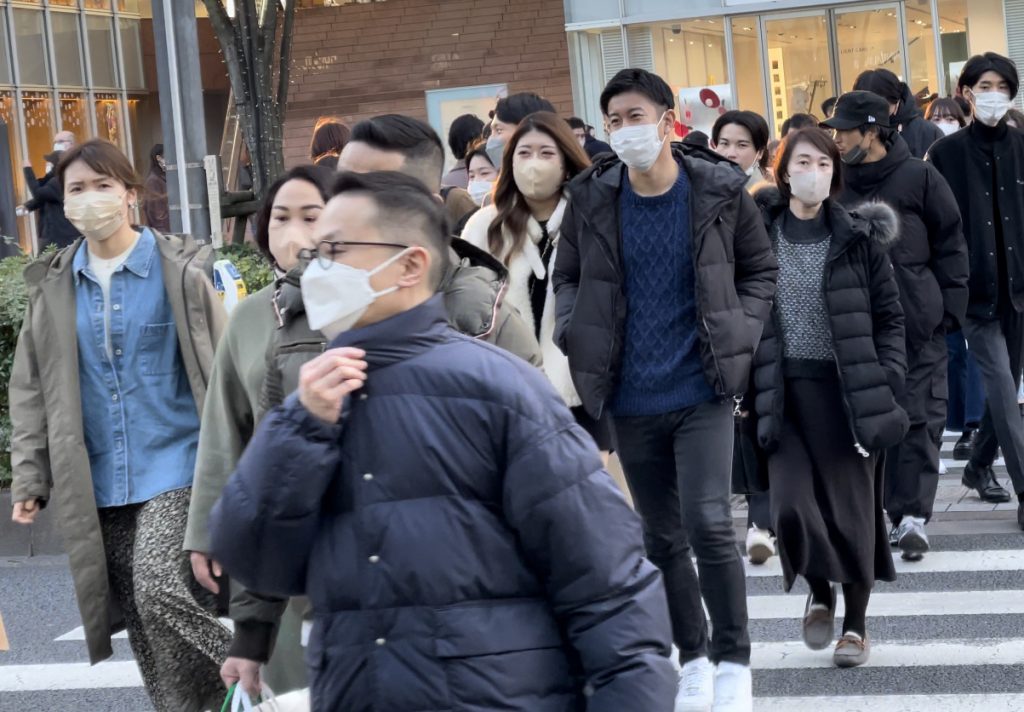
- ARAB NEWS
- 15 Jul 2025

Arab News Japan
TOKYO: A JNN survey in Japan has found that just 10 percent of respondents would “take their masks off both indoors and outdoors” when the Japanese government lowers the COVID-19 coronavirus threat level under the Infectious Diseases Law from to level 5, the same as seasonal influenza.
The government’s plan to lower the coronavirus threat level on May 8 is based on a policy of “deferring to peoples’ individual judgments whether to wear masks indoors or outdoors.”
Sixty percent of the respondents said they were in favor of downgrading the threat level to 5, while 28 percent said they were against it.
Thirty-one percent of the respondents said they would “remove them outdoors but wear them indoors,” and 33 percent said they would continue to wear masks both indoors and outdoors. Twenty-two percent said they had not decided yet.
In addition to the downgrade, the government plans to gradually reduce the burden of public expenses such as medical expenses and vaccination costs. When asked if they would get vaccinated against the coronavirus if they had to contribute towards the cost, 39 percent said they would receive the vaccine and 52 percent said they would not.
Regarding the government’s response so far in preventing the spread of the new coronavirus, 61 percent responded positively to the government’s actions while 27 percent did not regard them positively.
While much of the rest of the world is already mask free, even before the coronavirus pandemic many Japanese wore masks. This was both to avoid picking up viruses in the air of crowded places like trains, public shopping spaces or medical waiting rooms and likewise, at work to avoid transmitting cold viruses to one’s colleagues.
While some Japanese will doubtless appreciate the freedom of being allowed to walk around in public without a mask, it may be a while before most give up the custom of wearing them.